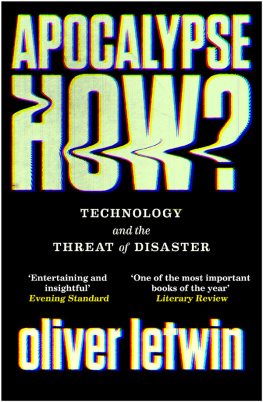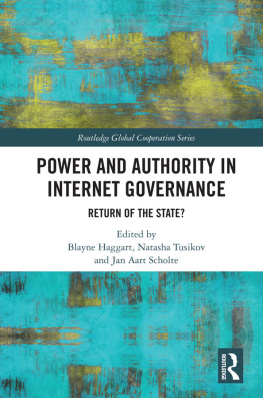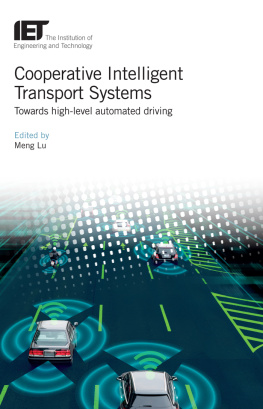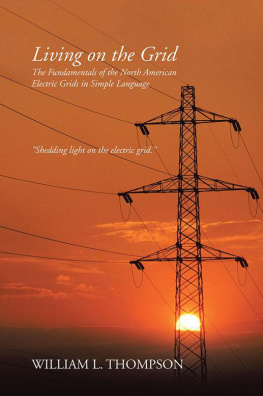Contents
Guide
Praise forApocalypse How?
Entertaining and insightful... The picture [Letwin] paints is bleak as he uses chapters that alternate between a fictional depiction of chaotic meltdown in the year 2037 and analysis of the real-life causes to show why such disaster could occur.
Evening Standard
Timely... it provides an insight into the mindsets that prevent politicians and civil servants from properly preparing for catastrophes.
New Statesman
A vital guide for anyone in business or government who wants to know how to respond when apparently distant and implausible events strike home.
Prospect
A vivid and engaging account of how the risks inherent in our increasing dependence on technology could someday coalesce into a perfect storm with disastrous consequences. Apocalypse How? reads like a dystopian thriller, but makes it clear that the dangers are very real.
Martin Ford,
New York Times bestselling author of The Rise of the Robots
About the author
Sir Oliver Letwin was MP for West Dorset from 1997 to 2019. He has been an academic at Cambridge and Princeton universities, an investment banker and a cabinet minister at the top of the UK Government. For six years he was a member of the National Security Council as the minister with responsibility for the UKs national resilience. He lives in West Dorset and London.
First published in hardback in Great Britain in 2020 by Atlantic Books, an imprint of Atlantic Books Ltd.
This edition published in 2021.
Copyright Oliver Letwin, 2020
The moral right of Oliver Letwin to be identified as the author of this work has been asserted by him in accordance with the Copyright, Designs and Patents Act of 1988.
All rights reserved. No part of this publication may be reproduced, stored in a retrieval system, or transmitted in any form or by any means, electronic, mechanical, photocopying, recording, or otherwise, without the prior permission of both the copyright owner and the above publisher of this book.
Every effort has been made to trace or contact all copyright holders. The publishers will be pleased to make good any omissions or rectify any mistakes brought to their attention at the earliest opportunity.
10 9 8 7 6 5 4 3 2 1
A CIP catalogue record for this book is available from the British Library.
Paperback ISBN: 978 1 78649 688 1
E-book ISBN: 978 1 78649 689 8
Designed and typeset by EM&EN
Printed in Great Britain
Atlantic Books
An imprint of Atlantic Books Ltd
Ormond House
2627 Boswell Street
London
WC1N 3JZ
www.atlantic-books.co.uk
CONTENTS
ABBREVIATIONS
CCS | Civil Contingencies Secretariat |
CDS | Chief of the Defence Staff |
COBR | Cabinet Office Briefing Room |
comms | communications |
Defra | Department for Environment, Food and Rural Affairs |
GCHQ | Government Communications Headquarters |
GNSS | Global Navigation Satellite System |
GSM | Global System for Mobile (Communications) |
HMG | Her Majestys Government (UK) |
IP | Internet Protocol |
MoD | Ministry of Defence |
NGO | non-governmental organization |
NHS | National Health Service |
NSC | National Security Council |
Ofcom | Office of Communications |
Ofgem | Office of Gas and Electricity Markets |
Ofwat | Economic regulator of the water sector in England and Wales |
PM | Prime Minister |
PEOPLE IN THE STORY
The Prime Minister (PM) of Her Majestys Government (HMG), UK
General Sir Andrew Ark Chief of the Defence Staff (CDS)
Rt Hon. Jane Baldwin MP Chancellor of the Exchequer
Rt Hon. Sir Eric Bullient MP Minister of Housing, Communities and Local Government
Dr Bill Donoghue Duty Officer at the Bank of England
Dr Elaine Donoghue Accident and Emergency (A&E) Consultant at Yeovil Hospital
James Farrar-Scott Duty Director at Government Communications Headquarters (GCHQ)
Professor Dame Sheila Hart Chief Executive of the Office of Communications (Ofcom)
Rt Hon. Charles Hoare MP Business and Energy Secretary
Rt Hon. Simon Holt MP Minister for the Cabinet Office
Mrs Mary Hughes mother of Dr Elaine Donoghue
Rt Hon. Frank Jones MP Health Secretary
Aameen Patel Highways England traffic controller
Rt Hon. Liz Row MP Foreign Secretary
Jan Sikorski Deputy Director at the Civil Contingencies Secretariat (CCS)
Rt Hon. Harold Stuart MP Defence Secretary
Sir Jon Whewell Cabinet Secretary
PREFACE TO THE PAPERBACK EDITION
The hardback edition of this book was published in a different, more comfortable, pre-Covid-19 world. The global crisis through which we have all been living since that time has changed many things some of them, in all probability, permanently. But there is one thing that it hasnt changed at all. The frenetic efforts of governments, businesses and communities to address the challenge of the virus have done nothing to resolve have, if anything, further obscured challenges that are only a little further off.
Although this is entirely understandable, and perhaps temporarily inevitable, it exposes us (with crushing irony) to the very same danger that has afflicted the whole world in the face of the coronavirus: the danger of being under-prepared for an event whose colossal impact is ignored because the likelihood of it happening today or tomorrow is low. Once again, both the worlds leaders and the worlds populations are focussing on the present. Once again, we are paying far too little heed to building resilience against the threats of the future.
This book is about one of the most obvious, but also one of the most neglected, future threats: the threat of network collapse. It presents strong reasons for believing that we need, now, to guard against this threat, and to do so in a way that is flexible, formidable and foolproof.
Much of the book is just as applicable to the worlds past lack of preparedness for Covid-19 as it is to the worlds current lack of preparedness for network collapse. A large part of the analysis is devoted to explaining why we all (governments, businesses, media, people at large) find it so difficult to consider small probability, large impact threats with the seriousness they deserve until they actually arrive on the scene, at which point we spend so much time and effort attending to the current catastrophe that we run the serious risk of ignoring the next threat along the line.











